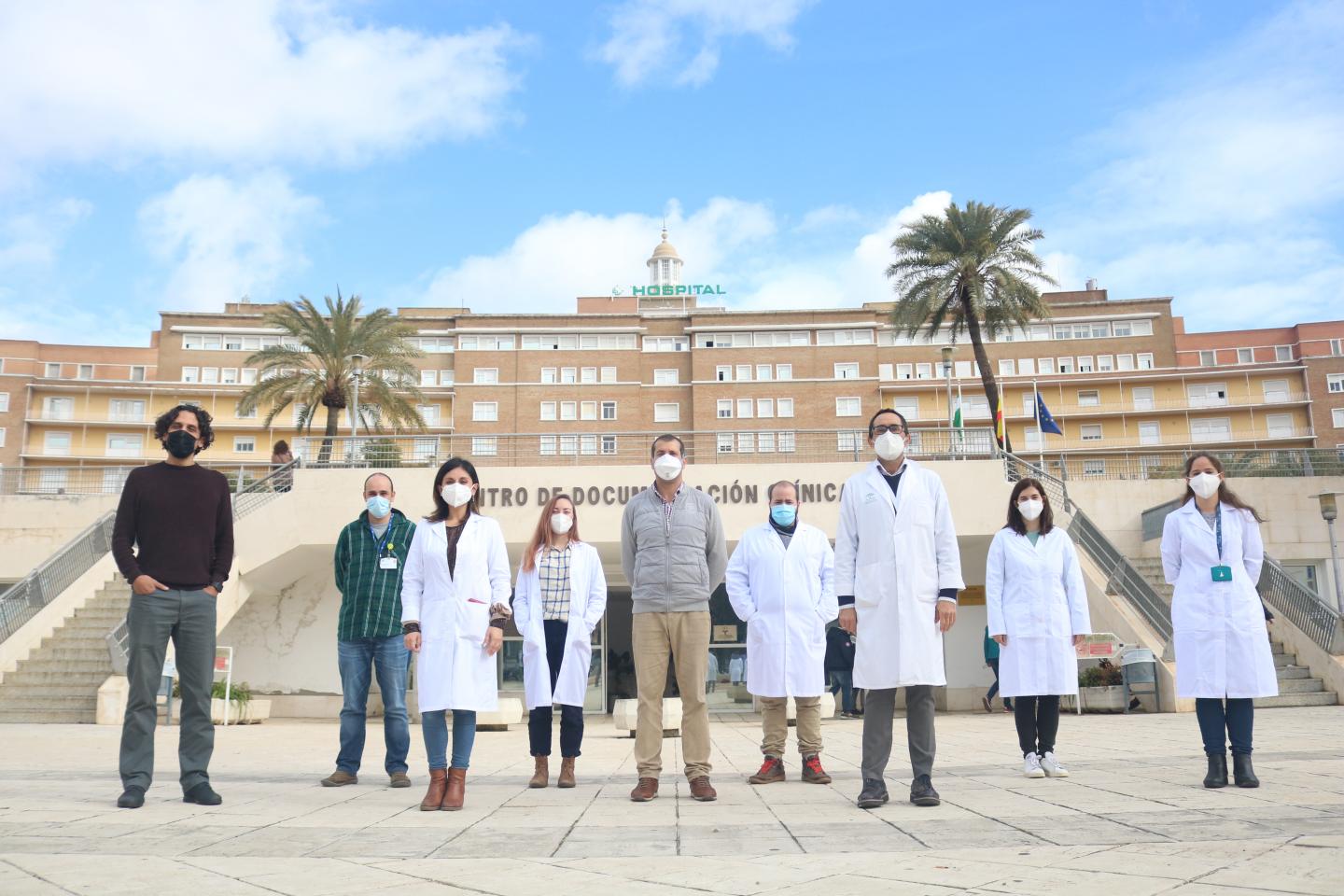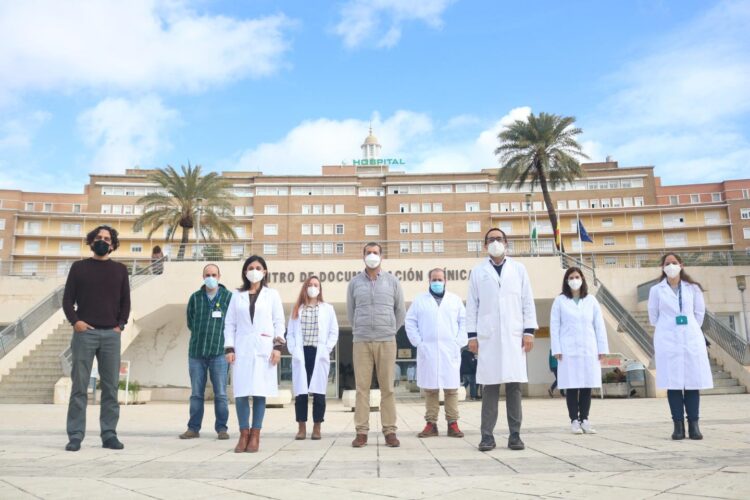
Credit: Universidad de Sevilla
Two studies led by the Mental Health Unit of the Virgen del Rocio University Hospital and involving researchers from the US conclude that antipsychotic drugs could have a protective effect against SARS-CoV-2. For this reason, patients treated with these drugs have a lower risk of becoming infected or suffer a milder form of the disease if they do become infected.
Thus, a first descriptive epidemiological study of a sample of 698 patients treated with antipsychotics at the Seville hospital revealed that antipsychotic drugs could provide protection against both infection and the tendency to clinical severity of Covid-19 infection. “These are very interesting findings that reflect a clinical reality where we see few patients with severe COVID-19, despite the presence of various risk factors,” says Manuel Canal Rivero, clinical psychologist and lead author of one of the two papers.
“The number of Covid-19 patients is lower than expected among this group of people and in cases where a proven infection does occur, the evolution is benign and does not reach a life-threatening clinical situation. These data as a whole seem to point to the protective effect of the medication,” he adds.
Complementary to this study, the same research group has observed that many of the genes whose expression is altered by Covid-19 are significantly down-regulated by antipsychotic drugs, which are commonly used to treat diseases with psychotic symptoms. This finding was achieved by investigating the gene expression profile (indicator of activated biological processes) of Covid-19 patients (Wuhan cohort) and patients being treated with antipsychotic drugs (specifically, aripiprazole) from the cohort of the Early Phases of Psychosis Intervention Programme (PAFIP) initiated 20 years ago at the Marqués de Valdecilla University Hospital in Cantabria by Benedicto Crespo-Facorro, professor at the University of Seville and current director of the Mental Health Unit at the Virgen del Rocío University Hospital.
“In a striking way we have shown how antipsychotics reduce the activation of genes involved in many of the inflammatory and immunological pathways associated with the severity of Covid-19 infection,” says the lead author of the second paper, Professor Crespo-Facorro. Furthermore, he stresses that “although this finding requires replication, the discovery could be very significant because the treatment of Covid-19 with drugs originally indicated for unrelated clinical situations, that is to say drug repositioning, has been shown to be an interesting source of effective treatments for Covid-19 patients”.
###
Both studies, published recently in first quartile journals and therefore of great impact in the international scientific community, were led by the Translational Psychiatry group of the Institute of Biomedicine of Seville, part of the Mental Health CIBER (CIBERSAM), in collaboration with researchers from IDIVAL (Santander), the Infectious Diseases service of the Virgen del Rocío University Hospital, the Bioinformatics Unit of the Nucleus service of the University of Salamanca, and researchers from the CSIC.
Media Contact
Benedicto Crespo
[email protected]
Related Journal Article
http://dx.





